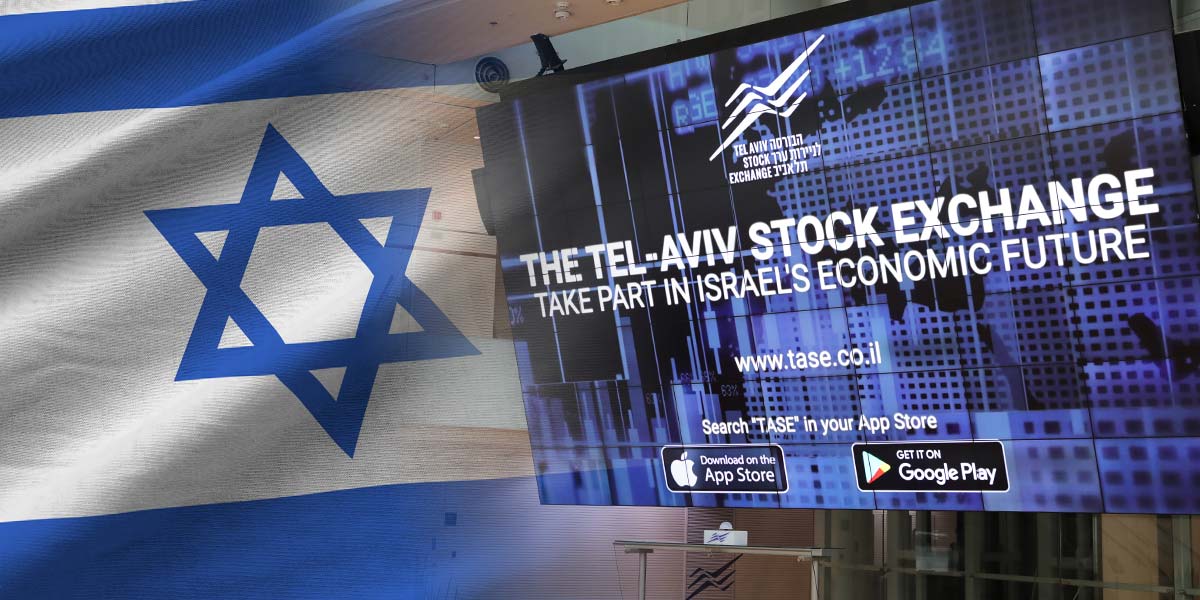Israel’s equity market is defying the odds, surging to unprecedented highs even as the nation confronts the most turbulent geopolitical backdrop in decades.
In a region beset by violence since October 2023, onset of war with Hamas—and subsequent military flareups with Iran and Hezbollah—Tel Aviv-listed stocks have delivered the Middle East’s best returns over the past 22 months.
The Tel Aviv Stock Exchange (TASE), which initially plunged as much as 23% following the start of hostilities, staged an impressive turnaround, eclipsing its pre-war levels in early 2024. Marking a staggering upturn, the TASE has soared more than 200% from its trough in October 2023 through July 17, as renewed investor optimism and dramatic inflows of foreign capital have lifted both the stock and real estate markets.
Avi Hasson, chief executive of Startup Nation Central, attributes the rebound to a combination of credible military deterrence, robust tech exports, and sustained investment in R&D from the government.
Over the past year, Israel has dealt substantial blows to adversaries such as Lebanon’s Hezbollah, and has significantly weakened Iran’s operational capabilities with assistance from Washington.
Israel’s technology sector is the lynchpin of the market’s resilience, accounting for about 20% of GDP and more than half of the country’s total exports. Defense technology, in particular, continues to draw interest—not just from traditional Western partners but increasingly across the Arab world, as evidenced by Israeli defense firms’ prominent presence at Abu Dhabi’s 2024 IDEX exhibition.
International capital flows have reached historic volumes as investors seek exposure to Israeli assets. In May alone, foreign investors acquired roughly 2.5 billion shekels (about $743 million) in TASE stocks, with year-to-date net purchases close to 9.1 billion shekels ($2.7 billion), according to local news outlet Ynet.
Moreover, data from Israel’s central bank reveals that foreign investor liabilities surged by approximately $27.5 billion in the fourth quarter, pushing total outstanding liabilities to $554 billion, driven by both higher Israeli securities prices and strong net investment inflows.





